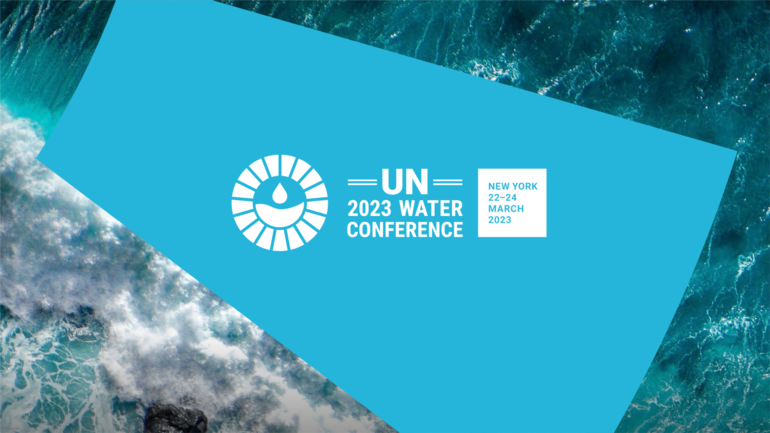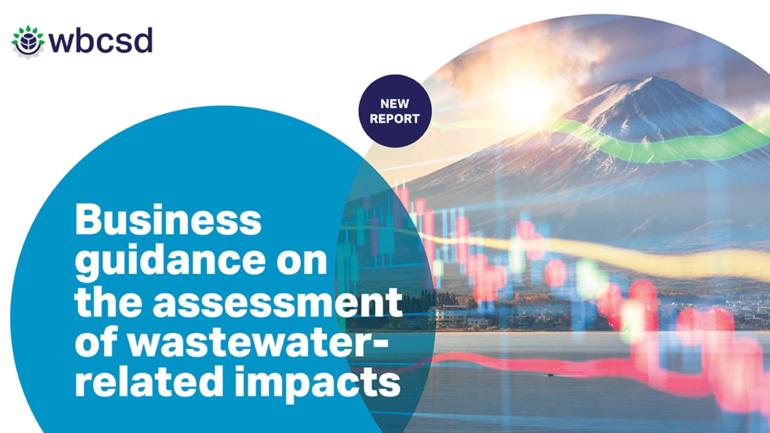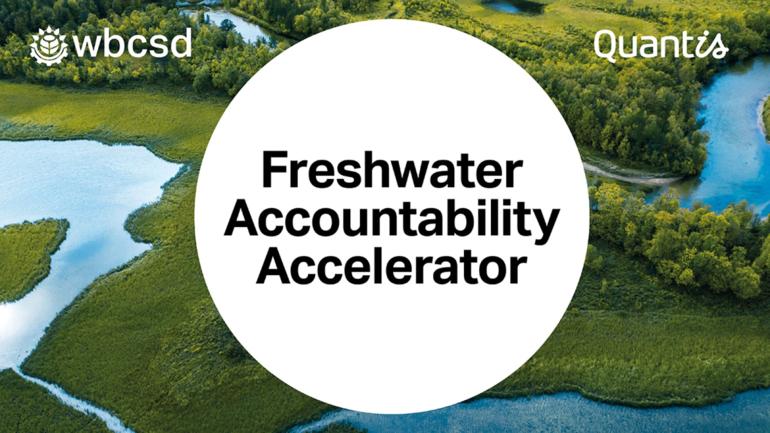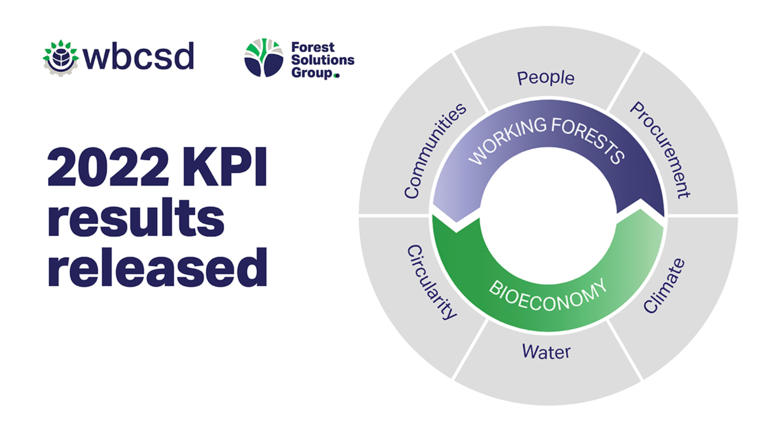Helsinki, Finland 7 June 2017. This first-of-its kind Guide brings together decision-making tools, case studies and best practice technologies to help companies seize the opportunities associated with circular water management practices.
All too often, water mistakenly is considered a cheap resource - and wastewater is seen as disposable. This must change.
By 2030, the world may face a 40% gap in water supply vs demand. At the same time, 80% of wastewater currently goes back into the environment untreated. Now is the time to explore circular water management solutions and prevent these valuable resources from being lost.
Ignoring the value of wastewater resources is generating high costs for business, the environment and society as a whole.
Reducing, reusing and recycling water saves costs and reduces business’ impact on the environment. However, despite the clear-cut business case, circular water management practices have not yet gone into the mainstream.
The Business Guide to Circular Water Management seeks to change this.
It outlines the current barriers to circular water management, key success factors, solutions and tools for implementation. The Guide also showcases successful examples of circular water management solutions from EDF Group, Vale, Procter & Gamble (P&G), L’Oréal, Nestlé, ENGIE, Heidelberg Cement, Shell, Aditya Birla Group (ABG) and BP.
Maria Mendiluce, Managing Director of WBCSD’s Natural Capital Area said, “Circular water management practices are now mature enough for companies to take to scale. Such practices help companies reach their sustainability targets, save costs and increase efficiency, while at the same time, benefitting the natural ecosystems that business depends on. We hope this guide will encourage industries to consider the true value of water as a resource, and by extension, help them view wastewater as an important asset.”
Laurent Auguste, Senior Executive Vice President, Innovation and Markets, Veolia said, “Circular water management will give us the opportunity to break the silos and develop a collaborative approach between resources (water, energy, materials) and stakeholders (industries, communities and cities) to resource the world.”
The Guide was developed by WBCSD’s Circular Water Management working group, under the direction of the co-chairs Arcadis, EDF Group and Veolia and it contributes to WBCSD’s work on circular economy.
Check out the guide for more information, visit the WBCSD Circular Water Management webpage and get in touch.








